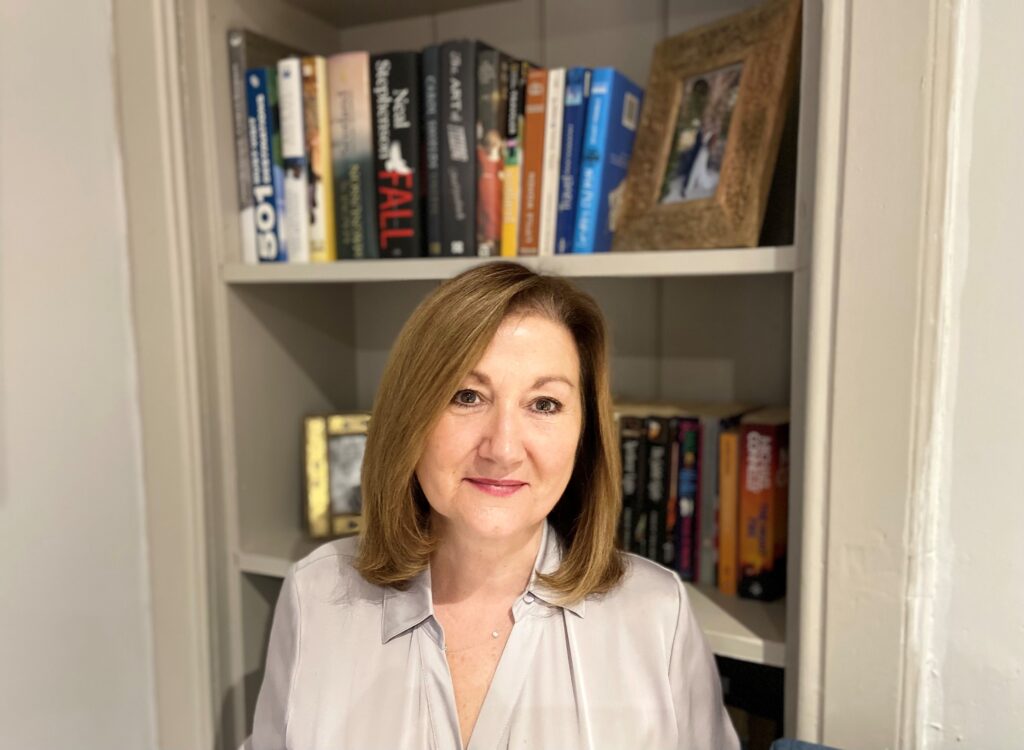In 2017, we at Glasgow City Council took the opportunity to overhaul our digital approach to education and redefine learning, keeping in mind the core aim of reducing the impact of poverty on our young people by equipping them with the skills and confidence to thrive.
Recognising the potential of digital and the need for a more adaptable approach to education, we began the process of fully bringing technology into our classrooms. We introduced over 50,000 Apple iPads in schools throughout Glasgow in 2019 – the biggest Apple education project in Europe.
Since then, we have established several key partnerships with education technology platforms to help us better support our children, young people and staff. Whilst we always recognised the potential of these platforms to transform our digital learning strategy, it was the onset of the Covid-19 pandemic that fully showed us, our teachers, children and young people, and their families, the full benefits of using flexible and intuitive digital platforms in our schools.
A hybrid learning environment
The switch to remote learning was simple and seamless thanks to platforms like Showbie – a free education app which is created with the teacher and user experience in mind. Its intuitive, straightforward design helped young people to easily access learning both during lessons and in their own time from any location.
Using this platform, children and young people were able to revisit recorded lessons online at any point, helping to reinforce learning, but also providing the flexibility for them to continue learning regardless of their personal circumstances or environments. This hybrid approach has continued to support our children and young people and teachers when transitioning back to in-person teaching too. Digital learning platforms continued to prove their worth for those forced to isolate for periods of time following the return to the classroom, meaning disruption to learning was minimal.
Another of its online features that has been hugely popular amongst both teachers and children and young people is the instantaneous feedback; delivering feedback via voice notes is accessible for all learning levels and means they won’t misinterpret comments. It allows them to revisit the feedback whenever they want to solidify learning and access feedback from anywhere, allowing families to also help their children understand and implement teacher comments. They can also respond via voice notes, giving them the opportunity to ask questions or explain their learning and engage with their teachers from afar.
Technology developed for teachers, with teachers
One of the best aspects of our partnerships has been the organisations’ willingness to constantly listen to our feedback and work with us to improve the learning experience. A prime example of this was Showbie’s introduction of new video conferencing technology specifically designed for schools. Most of our schools were originally using software that had been built for business at the start of the pandemic, but when we used Showbie, the difference was apparent – the software was so clearly built to support teaching and learning, making it really user friendly for our children and young people, teachers and families.
This collaborative and supportive approach to working with educators to proactively evolve to meet student needs has been an essential part of the success of all our partnerships and our wider digital learning strategy.
The clear benefits of edtech platforms and the hybrid approach to learning they support will continue to feed into our education strategy going forward. The continued flexibility provided by this approach as schools have returned to in person teaching has demonstrated how a digital approach can improve teaching and learning in a significant and sustainable way which keeps the interests and wellbeing of our students at the forefront.
The success of this innovative practice is exemplified by the all-time high rates of attainment at Castlemilk High School in Glasgow, which has also seen the number of their young people going to higher education double in just one year. Our experience with these platforms has demonstrated the clear benefits of a flexible approach to learning and will undoubtedly continue to form a major part of our educational and wellbeing support services for our children as we move forward.
Claire Harvey is the Quality Improvement Officer for Digital Learning at Glasgow City Council.
